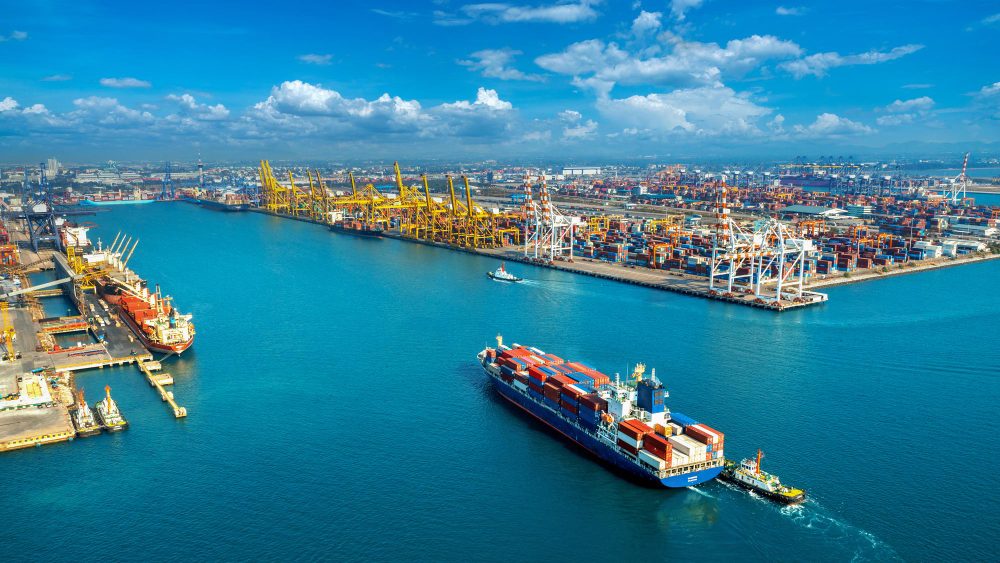SINGAPORE: The crime wave sweeping through the waters surrounding the Singapore Strait shows no signs of abating in 2025. While much of the activity remains focused on petty theft and robberies, there is a growing sense of unease as criminals become more daring and heavily armed. Unlike mostly unarmed thefts in the past, maritime incidents now increasingly involve perpetrators carrying firearms or knives, amplifying the risk to seafarers navigating the region.
Escalating threats to crew safety
The latest crime reported by The Maritime Executive paints a chilling picture. Between March 10 and 11, a Panama-flagged tanker was boarded by a group of seven criminals while navigating near the Phillip Channel, close to the western junction of the Malacca and Singapore Straits. This location has emerged as a hotbed of criminal activity this year. The boarders appeared to be armed with guns, though the crew had no direct interaction with them, and no injuries were reported. This incident highlights a troubling trend – perpetrators are becoming bolder, potentially due to the region’s increasing vulnerability.
In another disturbing development, a tugboat and its barge, operating near the eastern side of the Singapore Strait, fell victim to a similar armed robbery on March 10. The criminals aboard the barge stole scrap metal during the attack. According to the Regional Cooperation Agreement on Combating Piracy and Armed Robbery against Ships in Asia (ReCAAP), a total of 26 maritime crime incidents have been reported across Southeast Asia since the beginning of 2025. Of these, 23 occurred in the Strait of Malacca or Singapore Strait, underscoring the heightened risks in these strategic waterways.
Heightened security measures urged as crime climbs
As the frequency and severity of these attacks increase, maritime security experts are urging crews to exercise extra caution. Security consultant Ambrey has recommended that seafarers avoid confronting criminals when their vessels are boarded. Instead, they advise locking down vessels and securing areas such as accommodation blocks and engine rooms, which have frequently been targeted for theft. Most incidents do not involve direct crew confrontation with robbers, with thieves typically fleeing quickly after grabbing what they can. Ambrey also encourages crews to conduct paired deck patrols to enhance safety.
The surge in attacks has raised alarms about the need for stronger regional coordination. ReCAAP has called for more frequent patrols and faster response times to protect vessels transiting these high-risk waters. The organisation is also pushing for more robust efforts to arrest and prosecute those responsible for these violent robberies.
With crime in the region continuing to escalate, maritime security remains a critical issue, with both regional authorities and private security firms striving to protect crews and vessels from increasingly sophisticated threats.

